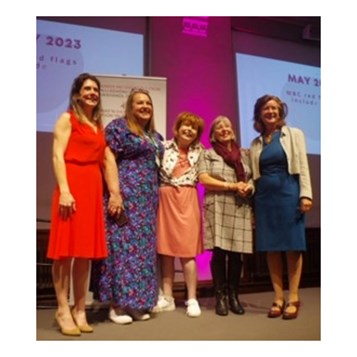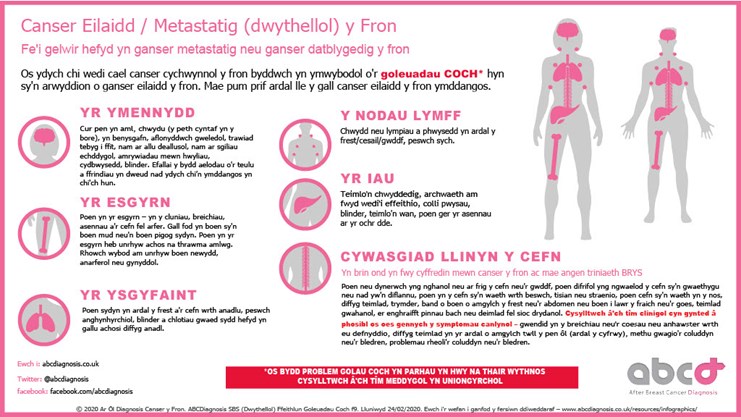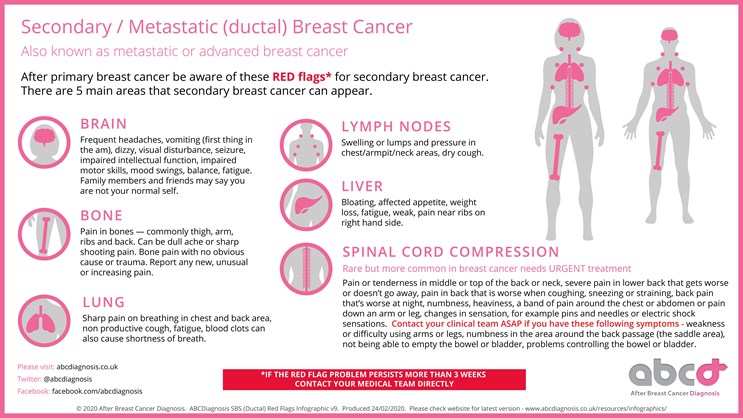Greg Pycroft, Policy and Public Affairs Manager
Today, the 13th October, is metastatic breast cancer (MBC) awareness day. Sat midway through October, also breast cancer awareness month (BCAM) MBC awareness day is dedicated to raising awareness of this advanced form of breast cancer. MBC occurs when cancer cells spread from the breast to other parts of the body, such as the bones, liver, or lungs. It is the most advanced stage of breast cancer, and there is currently no cure.
We don’t have an exact number of people affected by the disease (more about data and MBC, later) but it is thought that around 30% of people with a breast cancer diagnosis will develop MBC, also known as secondary breast cancer, at some point. Across the UK approximately 1000 a month die from MBC while many more use treatments, support and care to manage the symptoms to live their best possible lives for as long as possible.
Approximately twelve months ago, in October 2022, we were gearing up for a Senedd debate on the lack of services and support for MBC patients in Wales. The sole MBC clinical nurse specialist (CNS) had recently retired; there was no MBC pathway for clinicians to follow; and there was no data on the numbers of people with MBC.
The debate was a result of the relentless campaigning by self-confessed “Cocktail slinging, Art doer, ziplining horserider” Tassia Haines, herself an MBC patient. Over the summer of 2022 Tassia created and publicised a Senedd petition that attracted over 14,000 signatures, enough for consideration for a Senedd debate. 
Tenovus Cancer Care supported the debate, producing a Senedd briefing to inform MSs. In the intervening twelve months we are so pleased to see and report on progress being made, so much so that Tassia and her campaigning colleagues met last month at the Senedd to celebrate their successes and reinforce their outstanding campaign calls.
The numbers of MBC CNSs in Wales are increasing, with plans for every health board to have at least one MBC CNS. These nurse specialists understand the specific needs of MBC patients and act as the critical contact between a patient and the various other clinical specialists involved in a person’s holistic care.




